Tyneside clean air tolls plan: Thousands complete survey
- Published
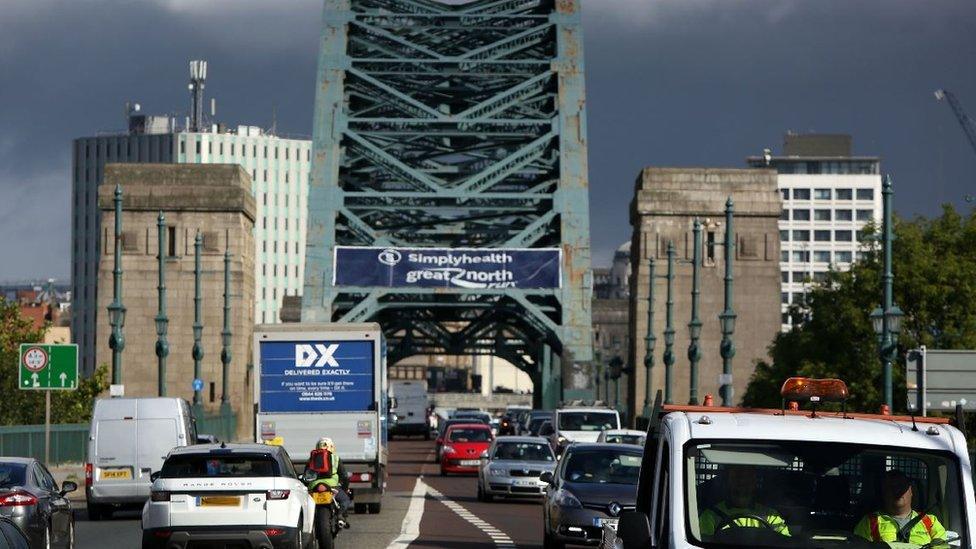
Ministers have ordered councils to reduce dangerous emissions levels by 2021
A record number of people have had their say on plans to impose clean air tolls on Tyneside roads.
More than 19,000 people completed a council survey on proposals which could see the most polluting vehicles pay £50 a day to enter parts of Newcastle.
A consultation on London's Ultra Low Emission Zone attracted just over 18,000 responses.
Ministers have told Newcastle, North Tyneside and Gateshead councils to cut dangerous emissions by 2021.
Two options were put to the public:
A Clear Air Zone (CAZ) in which cars and taxis that fail to meet minimum emissions standards would pay £12.50 a day to enter, with the most polluting buses and lorries paying £50 a day
Tolls of up to £3.40 on the three major road bridges across the River Tyne, known as the Low Emission Zone (LEZ). Buses and HGVs which meet the council's emission standards will pay nothing - if they do not, they will be banned from the city centre
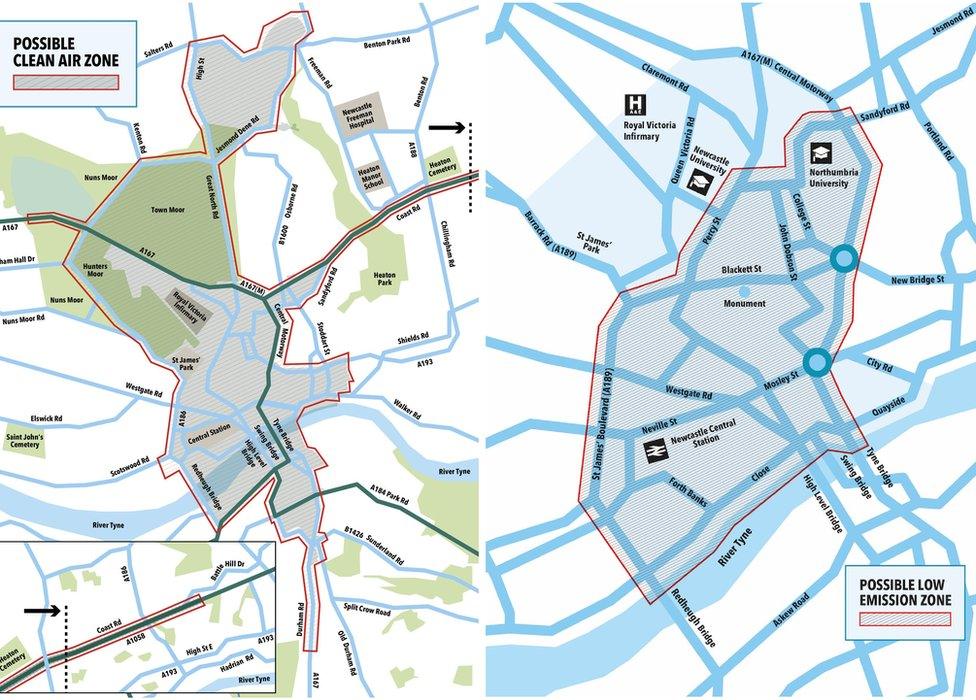
Plans would see either a Clean Air Zone or Low Emission Zone in Newcastle City Centre
Arlene Ainsley, cabinet member for transport and air quality at Newcastle City Council, said: "We have had an overwhelming response to the air quality consultation and would like to thank the 19,211 individuals who took the time to tell us their views."
CAZ consultations in Leeds and Birmingham attracted 8,744 and 10,392 comments respectively, according the the Local Democracy Reporting Service.
Martin Gannon, leader of Gateshead Council, added: "We welcome the fact that so many took part in this consultation, which shows that this is a really important issue for a great number of people."
The councils say there will now be an independent analysis of the consultation responses, with the results expected to be published in July.
Greg Stone, Newcastle Liberal Democrat opposition transport spokesman, said: "There is clearly a strong argument for looking to improve public health, but equally there will be a lot of people who feel that what has been put on the table is not very attractive to them and will have an impact on their lives and their household budget."
Bus firms and taxi operators have already opposed the plans, claiming they will lead to increased fares and some bus routes being cancelled.
- Published15 May 2019
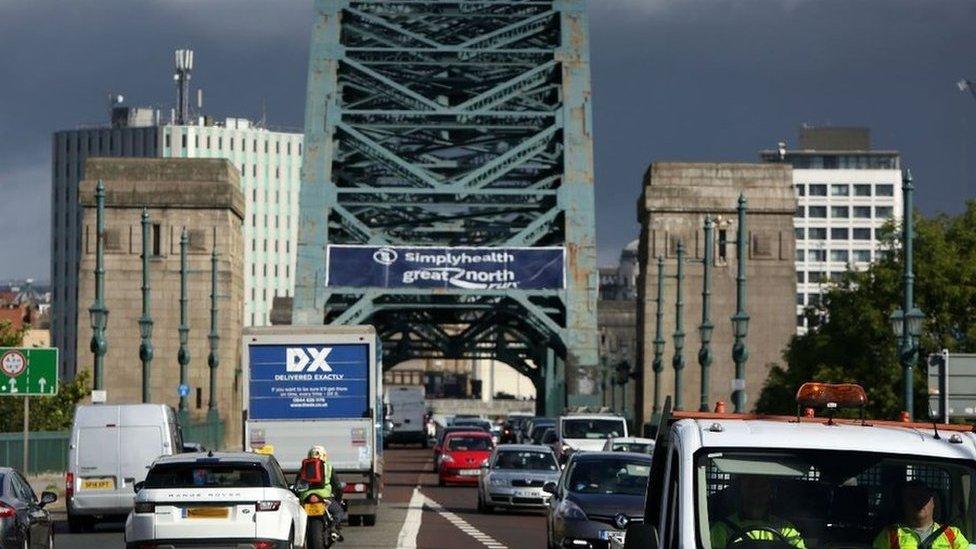
- Published18 February 2019
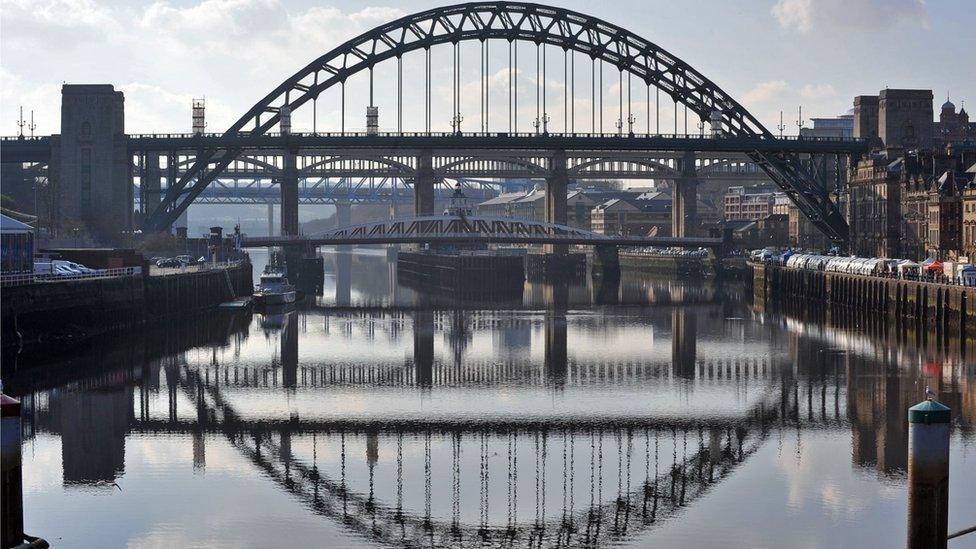
- Published9 January 2019
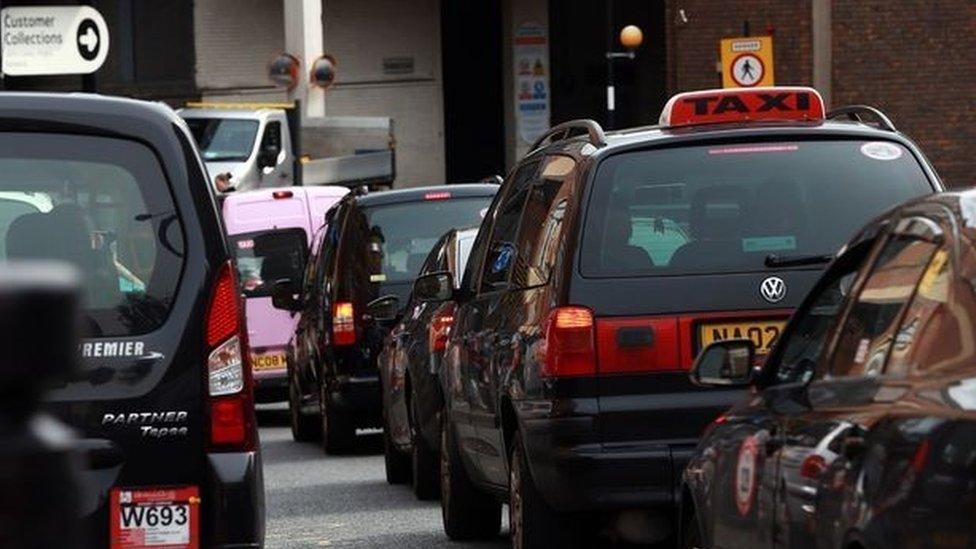
- Published13 December 2018
